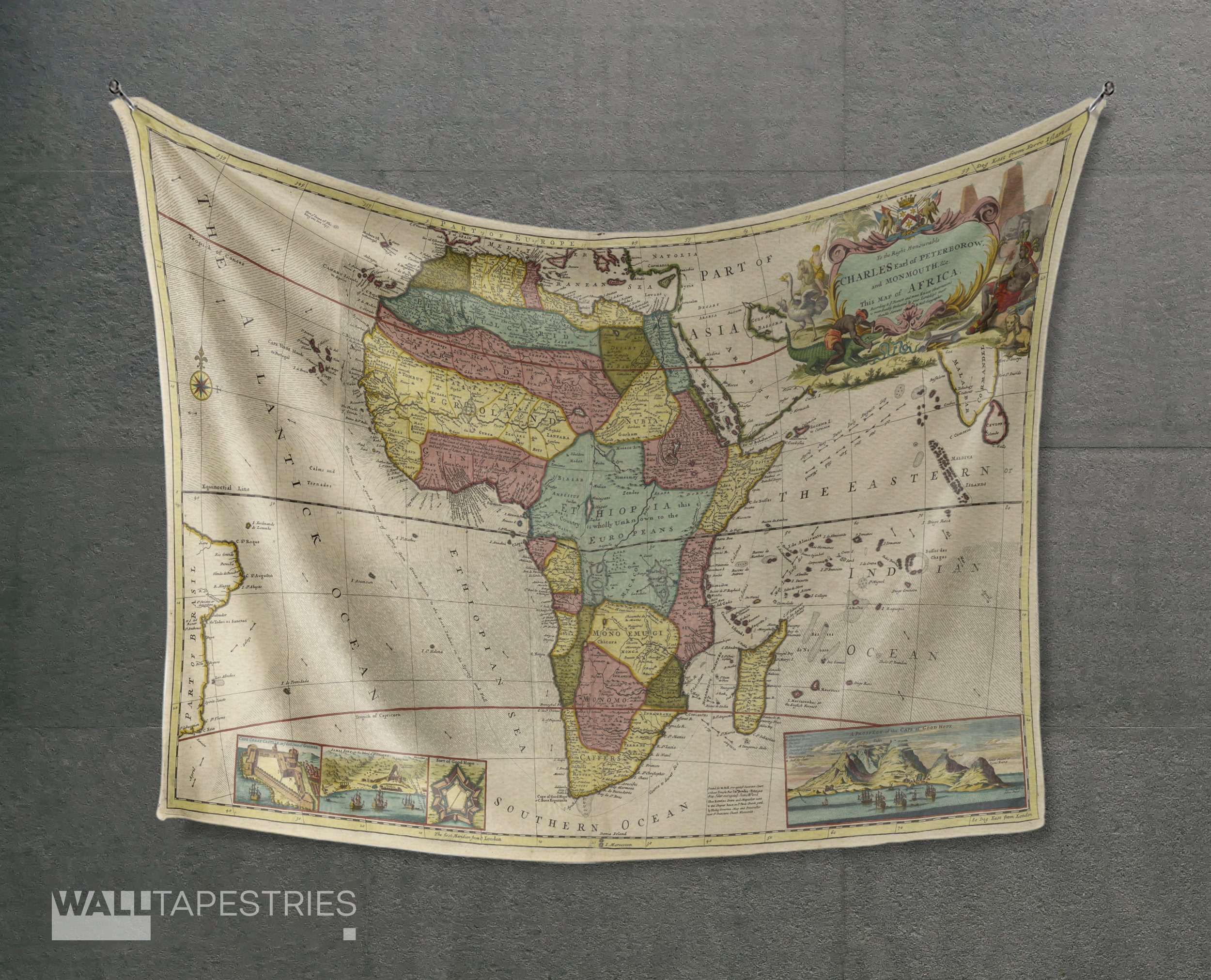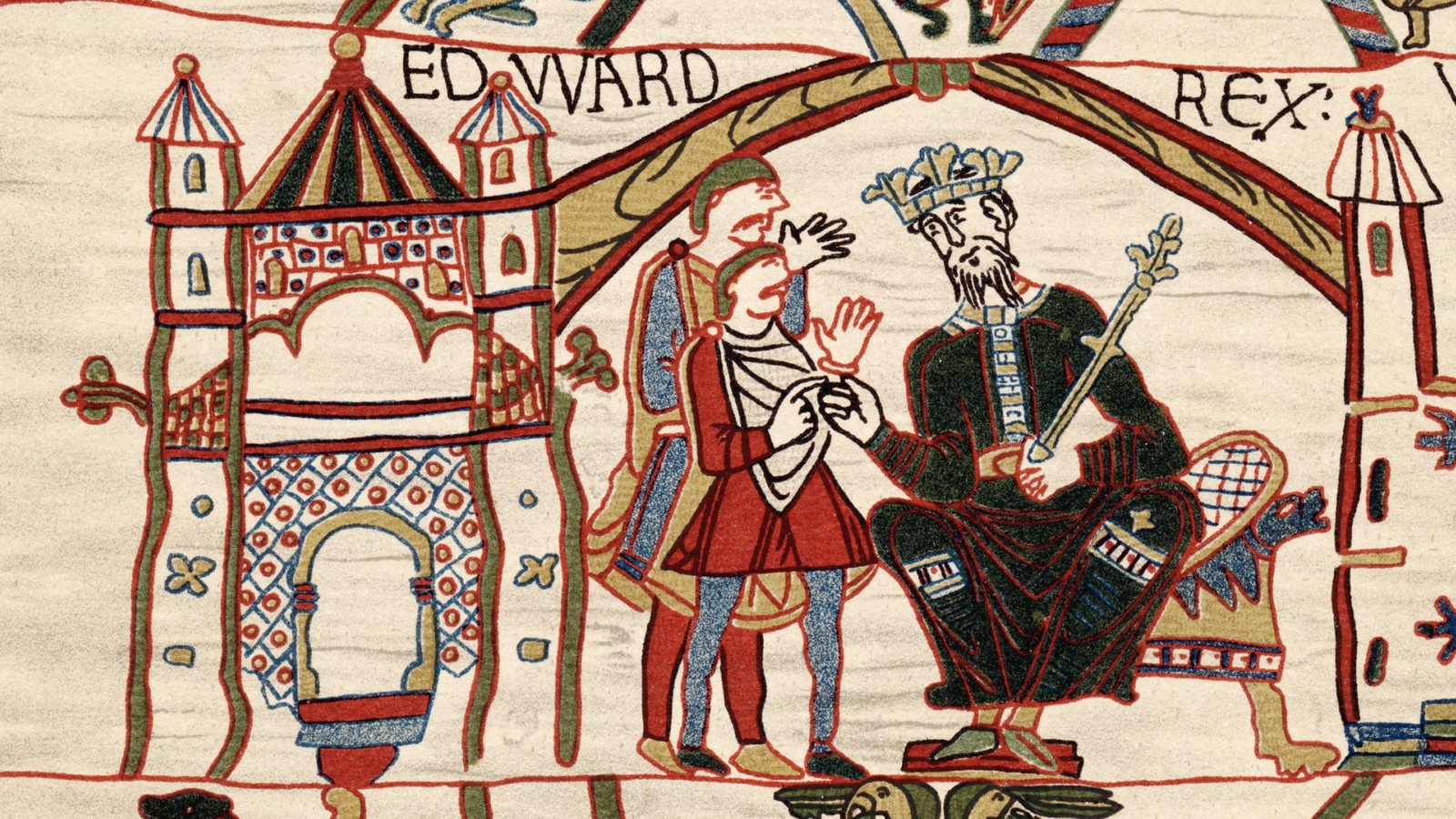Navigating The Historic And Cultural Tapestry: A Journey From England To Africa
Navigating the Historic and Cultural Tapestry: A Journey from England to Africa
Associated Articles: Navigating the Historic and Cultural Tapestry: A Journey from England to Africa
Introduction
On this auspicious event, we’re delighted to delve into the intriguing subject associated to Navigating the Historic and Cultural Tapestry: A Journey from England to Africa. Let’s weave fascinating info and supply contemporary views to the readers.
Desk of Content material
Navigating the Historic and Cultural Tapestry: A Journey from England to Africa

The phrase "map England to Africa" encapsulates a fancy interaction of historical past, tradition, and geography. It evokes a way of exploration, connection, and the intricate net of interactions which have formed each continents over centuries. This exploration delves into the multifaceted relationship between England and Africa, uncovering the historic threads that bind them and the enduring affect of their intertwined journeys.
A Historic Tapestry Woven with Commerce and Conquest:
The earliest connections between England and Africa might be traced again to the fifteenth century, fueled by the burgeoning commerce in items like gold, ivory, and slaves. England, pushed by its burgeoning maritime energy, established buying and selling posts alongside the west coast of Africa, initiating a relationship that will profoundly affect either side. The transatlantic slave commerce, a darkish chapter in human historical past, emerged as a consequence of this connection. Tens of millions of Africans had been forcibly transported to the Americas, leaving an indelible mark on the demographics and cultures of each continents.
Past the Commerce: Colonialism and its Legacy:
As European powers expanded their colonial ambitions, England’s affect in Africa grew. The nineteenth century noticed the Scramble for Africa, a interval of intense territorial competitors that resulted within the partitioning of the continent amongst European powers. England established huge colonies in areas like Nigeria, Kenya, and South Africa, imposing its personal methods of governance, infrastructure, and social constructions. This era left a legacy of complicated political and social dynamics, shaping the event of contemporary African nations.
The Affect of Colonialism on Africa:
The colonial period had a profound and lasting affect on Africa. It caused a shift in energy dynamics, disrupting conventional societies and introducing new methods of governance. Whereas colonialism launched sure advantages, akin to the event of infrastructure and schooling, it additionally resulted in exploitation, inequality, and the suppression of African cultures. The legacy of colonialism continues to affect the political, financial, and social landscapes of many African nations.
A Publish-Colonial Panorama: New Connections and Challenges:
The twentieth century witnessed the decolonization of Africa, with many countries attaining independence. This marked a brand new chapter within the relationship between England and Africa, characterised by a shift in direction of cooperation and collaboration. Nevertheless, the legacy of colonialism continues to solid a shadow, impacting points like growth, poverty, and battle.
Cultural Intertwining: A Tapestry of Alternate and Affect:
Past the political and financial spheres, the connection between England and Africa has been marked by a wealthy cultural change. African music, artwork, and literature have discovered a receptive viewers in England, enriching its cultural panorama. Conversely, English affect is obvious in lots of elements of African tradition, together with language, schooling, and authorized methods.
The Enduring Significance of "Mapping England to Africa":
Understanding the historic and cultural connections between England and Africa is essential for comprehending the complicated realities of each continents. By analyzing the intricate tapestry of interactions, we achieve insights into the shared historical past, enduring legacies, and ongoing challenges that form the connection between these two numerous areas.
FAQs: Navigating the Historic and Cultural Tapestry
1. What had been the first motivations behind England’s involvement in Africa?
England’s involvement in Africa was pushed by a mix of things, together with the will for financial achieve via commerce, the pursuit of territorial enlargement and political energy, and the necessity to safe assets for its burgeoning industrial economic system.
2. What had been the principle penalties of the transatlantic slave commerce?
The transatlantic slave commerce had devastating penalties for Africa. It led to the displacement of hundreds of thousands of individuals, the disruption of social constructions, and the lack of cultural heritage. The commerce additionally left an enduring affect on the demographics and cultures of the Americas, significantly in the US and the Caribbean.
3. How did colonialism affect the event of African nations?
Colonialism had a profound affect on the event of African nations, each constructive and detrimental. Whereas it launched some infrastructure and schooling, it additionally resulted in exploitation, inequality, and the suppression of African cultures. The legacy of colonialism continues to affect the political, financial, and social landscapes of many African nations.
4. What are among the key challenges going through the connection between England and Africa in the present day?
Immediately, the connection between England and Africa faces challenges associated to growth, poverty, battle, and the continuing legacy of colonialism. Points akin to commerce imbalances, migration, and local weather change additionally require collaborative options.
5. How can the connection between England and Africa be strengthened sooner or later?
Strengthening the connection between England and Africa requires fostering higher collaboration on problems with mutual concern, akin to growth, commerce, schooling, and cultural change. Selling mutual understanding and respect, addressing the legacy of colonialism, and supporting sustainable growth are essential steps in constructing a extra equitable and affluent future for each continents.
Ideas for Navigating the Historic and Cultural Tapestry:
- Interact with numerous views: Search out a variety of viewpoints from each African and English views to achieve a complete understanding of the connection.
- Discover main sources: Seek the advice of historic paperwork, diaries, and oral histories to achieve firsthand insights into the experiences of people from each continents.
- Interact in important evaluation: Study the historic narrative critically, contemplating the facility dynamics, biases, and views that formed the connection.
- Help initiatives selling cultural change: Interact with organizations and applications that foster cultural change and understanding between England and Africa.
- Advocate for equitable partnerships: Help initiatives that promote honest commerce, sustainable growth, and equal alternatives for each continents.
Conclusion: A Tapestry Woven with Threads of Historical past and Tradition
"Mapping England to Africa" is a journey via a fancy and multifaceted relationship. It’s a story of commerce, conquest, colonialism, and cultural change, woven collectively via centuries of interplay. By understanding the historic and cultural threads that bind these two continents, we achieve insights into the enduring legacies and challenges that form their shared future. The journey of "mapping England to Africa" continues, with the potential to construct a extra equitable and affluent future for each continents.








Closure
Thus, we hope this text has supplied helpful insights into Navigating the Historic and Cultural Tapestry: A Journey from England to Africa. We thanks for taking the time to learn this text. See you in our subsequent article!